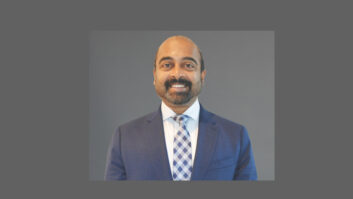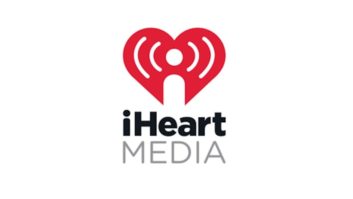The sale and pending format change on Duquesne University’s WDUQ(FM) in Pittsburgh are newsworthy on several levels including the reduction of jazz content on the FM band and the question of whether more universities will be tempted to sell off broadcast assets as state government budgets are squeezed.
The story also has an interesting HD Radio angle.
In the case of WDUQ, a Duquesne University official told the Pittsburgh-Tribune Review that the cost to operate the station is some $500,000 a year — funds the university decided should be spent more in alignment with its “core” goals.
Essential Public Media, a public radio consortium buying the station for $6 million, said it’s going to emphasize in-depth local news coverage and NPR programs. It will shift most of the station’s jazz programming to an HD2 channel and online.
EPM also plans to offer vouchers to member listeners to help them buy HD Radio receivers. In 2006, WDUQ says, it was the first Pittsburgh station to multicast HD Radio channels, adding news and jazz programming at WDUQ HD2 and blues music on HD3.
The format changes are planned for July 1, to coincide with expected regulatory approval of the purchase. The new radio station will relocate to the WYEP Community Broadcast Center on Pittsburgh’s south side. EPM will apply for new call letters for 90.5 FM at the request of Duquesne University.
WDUQ now airs a mixture of 40% news and 60% jazz programming. Why tilt the mixture toward more news? “Current business models for journalism are eroding as the traditional media landscape continues to be disrupted by the Internet, digital technologies and changing consumer behavior,” said EPM chair Marco Cardamone. “Yet a significant need remains to provide listeners with in-depth coverage of local, national and global issues impacting their lives.” He said WDUQ wants to fill that void.
The station also airs programming from Public Radio International, American Public Media and the BBC World Service.
EPM is a subsidiary of public station WYEP(FM)/Pittsburgh Community Broadcasting Corp., working in partnership with Public Media Company.
Pittsburgh is one of only two U.S. cities in the top 35 radio markets without a full-service NPR news and information station, according to NPR. Its national research also shows full-service public radio stations outperform split-format stations in terms of community service and audience growth.
Even though the de-emphasis of jazz is unlikely to be met with warmth by fans of that format, WDUQ says it actually will increase total jazz hours from 100 to 174 if the HD, online and FM analog hours are counted together. The station will continue producing the syndicated “JazzWorks” and air six hours of jazz programming Saturday nights on 90.5 FM.
EPM will be a news partner with PublicSource, a Web-based public service journalism initiative. An internship program with Duquesne University will train would-be journalists for in-depth reporting.
Former Minnesota Public Radio executive Dennis Hamilton will be interim president and GM of 90.5 FM. Hamilton currently is director of consulting for Public Radio Capital, a sister nonprofit of Public Media Company.
— Leslie Stimson












